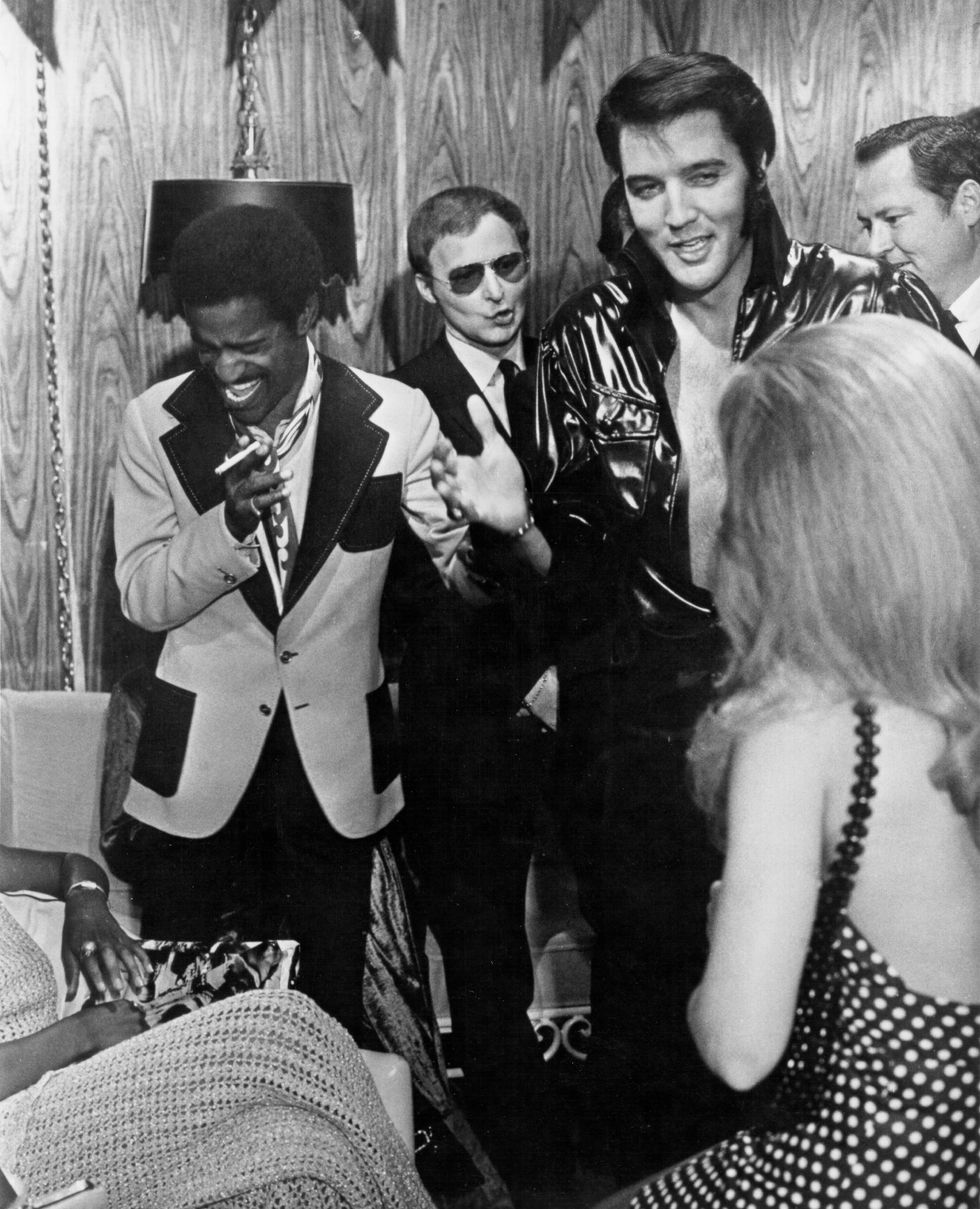Introduction:
“Moonlight Swim,” Elvis Presley’s smooth and breezy tune from 1961, wasn’t just another hit from the King. It was a key piece in transforming his image and career, transporting him from rebellious rock and roll icon to sun-kissed Hollywood star.
Written by Sylvia Dee and Ben Weisman, the song debuted in the film “Blue Hawaii,” a lighthearted musical comedy marking Elvis’ first movie after his return from military service. Ditching the leather jackets and suggestive moves, Elvis donned floral shirts and embraced a carefree island persona. “Moonlight Swim” perfectly embodied this shift, its gentle ukulele strumming, swaying rhythm, and Elvis’ relaxed vocals painting a picture of romantic evenings under the Hawaiian moon.

While not his most musically groundbreaking work, the song resonated with audiences. It climbed to number five on the Billboard Hot 100, becoming one of the top-selling singles from the “Blue Hawaii” soundtrack. More importantly, it solidified Elvis’ new beach-boy image, paving the way for a string of successful movies and solidifying his status as a global pop culture icon.
“Moonlight Swim” wasn’t without its critics. Some saw it as a calculated move to sanitize Elvis’ image and cater to a broader audience. But for many, it captured the essence of escapism and romance, offering a sweet serenade that transported listeners to a world far removed from everyday worries.

Beyond its commercial success, the song’s legacy lies in its influence. It helped popularize the “Hawaiian sound,” paving the way for artists like Don Ho and perpetuating the idyllic island image in American culture. Today, “Moonlight Swim” remains a beloved classic, a timeless reminder of Elvis’ adaptability and enduring influence, not just on music, but on popular culture as a whole.
Video:
Elvis Aaron Presley, often referred to as the “King of Rock and Roll,” was born on January 8, 1935, in Tupelo, Mississippi, USA. He rose to prominence in the mid-1950s, becoming one of the most iconic and influential figures in the history of popular music. Presley’s musical journey began at an early age when he started singing in church and listening to various genres of music, including gospel, blues, and country. In 1954, he signed a recording contract with Sun Records, where he began his career blending elements of rockabilly, rhythm and blues, and country music. His breakthrough came with the release of his first single, “That’s All Right,” followed by a string of hits such as “Heartbreak Hotel,” “Hound Dog,” and “Jailhouse Rock.” With his charismatic stage presence, distinctive voice, and provocative dance moves, Presley captured the hearts of audiences worldwide, revolutionizing the music industry and popular culture. Presley’s impact extended beyond music; he also found success as an actor, starring in a series of films throughout the 1960s. Despite his commercial success, he faced criticism from some quarters for his crossover into mainstream entertainment and the perceived dilution of his musical authenticity. Throughout his career, Presley struggled with the pressures of fame, leading to personal challenges, including substance abuse and health issues. Despite these obstacles, he remained a beloved figure, revered for his contributions to music and his enduring legacy. Tragically, Elvis Presley passed away on August 16, 1977, at the age of 42, leaving behind a legacy that continues to resonate with generations of fans. He was posthumously inducted into the Rock and Roll Hall of Fame, and his music remains a timeless testament to his enduring talent and cultural impact.

